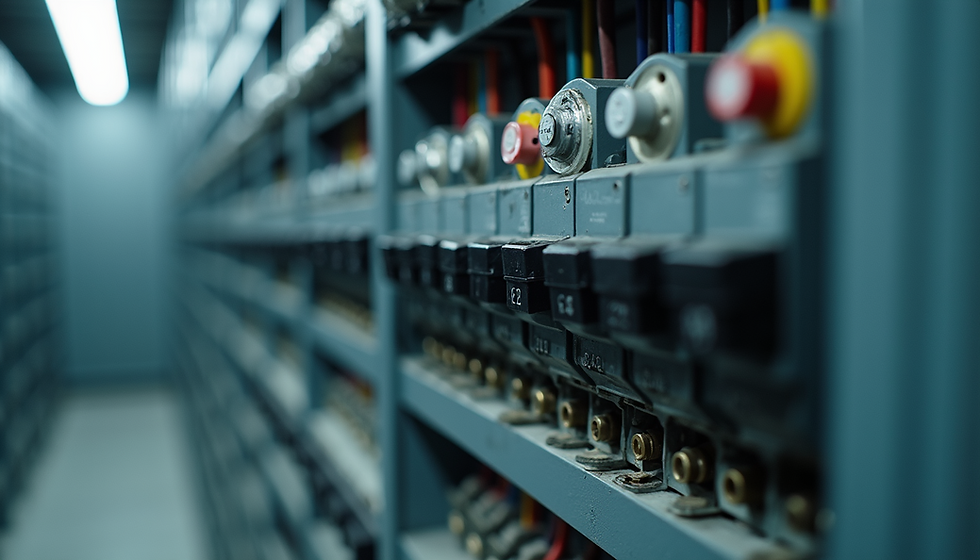Safety Starts at Home: Essential Electrical Safety Tips
- elearning@ensemble
- Aug 5, 2024
- 2 min read

Electrical safety is crucial in every household to prevent accidents and ensure the well-being of your family. Here are some essential tips to keep your home safe:
Inspect and Maintain Your Electrical System
Regular Checks: Inspect wiring, outlets, and appliances for wear and tear.
Professional Inspections: Hire a licensed electrician for periodic inspections.

Safe Usage of Appliances
Avoid Overloading: Do not overload sockets or extension cords.
Unplug Unused Devices: Unplug appliances when not in use to prevent overheating.
Proper Use of Extension Cords
Temporary Solution: Use extension cords as a temporary solution, not a permanent fix.
Right Capacity: Ensure the extension cord has the capacity for the connected devices.
Child Safety
Outlet Covers: Use safety covers on unused outlets.
Keep Cords Out of Reach: Ensure cords are not accessible to young children.

Handling Electrical Emergencies
Know the Basics: Learn how to shut off the power in case of an emergency.
Do Not Touch: Never touch a person who is being shocked; disconnect the power first
Earth Leakage Circuit Breaker (ELCB)
Install ELCB: Ensure your home is equipped with an ELCB to detect and interrupt leakage currents, preventing electric shocks.
Test Regularly: Test the ELCB periodically to ensure it is functioning correctly.
Safe Measures for Using Different Appliances
Kitchen Appliances: Keep appliances like toasters and mixers away from water. Unplug when not in use.
Heating Appliances: Ensure space heaters and electric blankets are used per manufacturer instructions and never leave them unattended.
Washing Machines and Dryers: Regularly clean the lint filter and ensure proper ventilation to prevent overheating.
Computers and Electronics: Use surge protectors to guard against voltage spikes.
Think about safety
Electrical safety starts at home. Regular maintenance, safe usage of appliances, and proper handling of emergencies can significantly reduce the risk of electrical accidents.




Comments